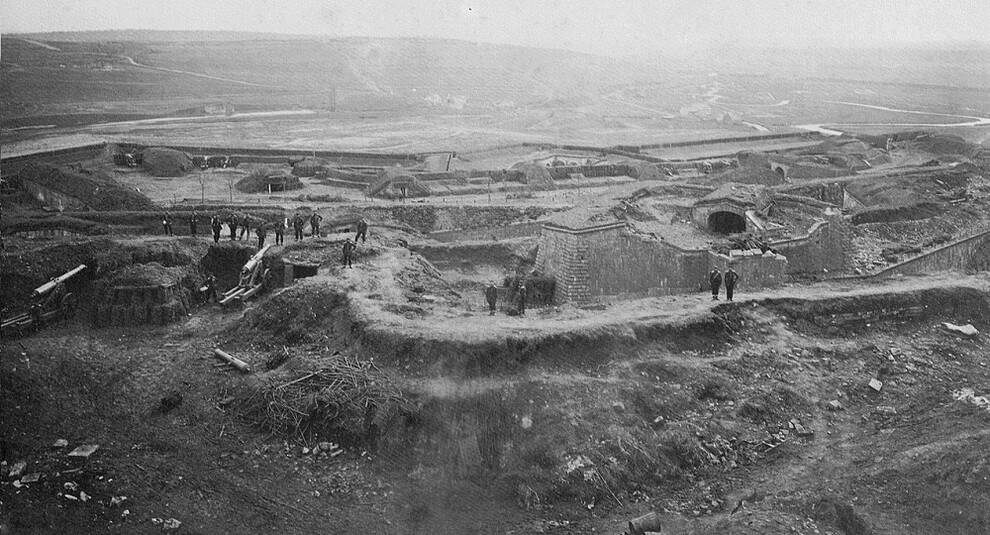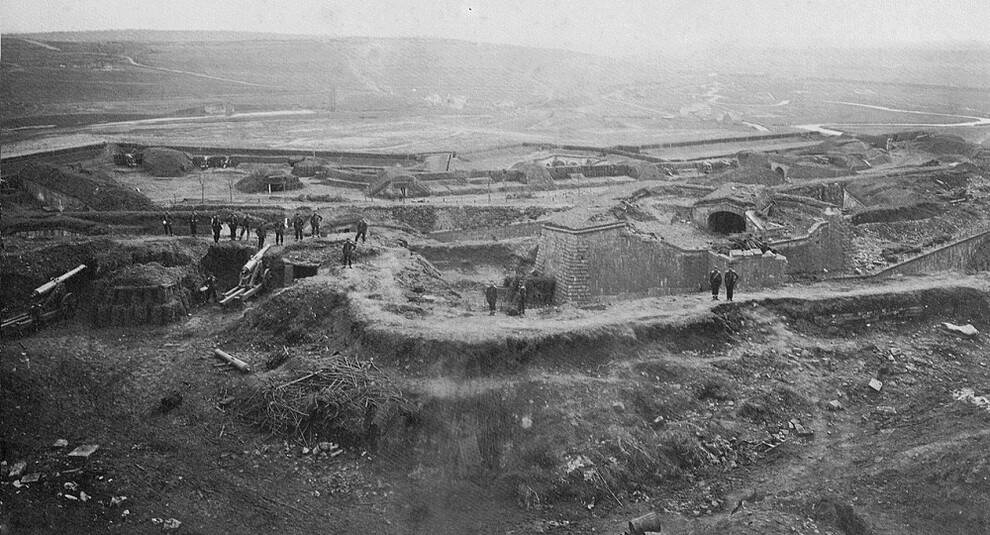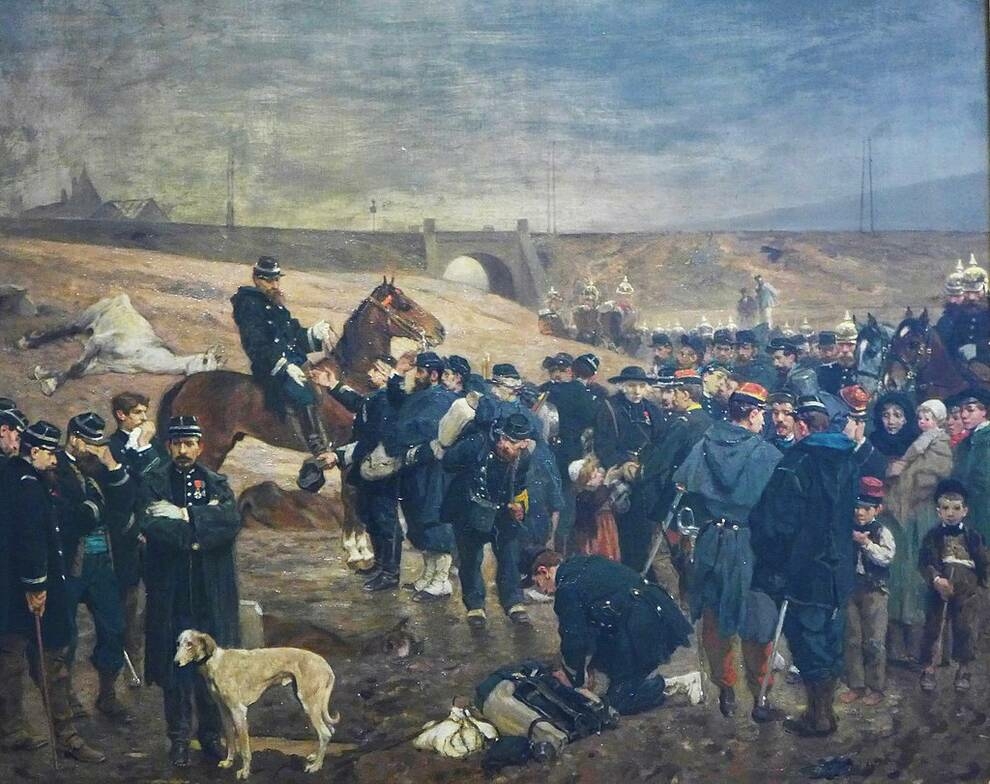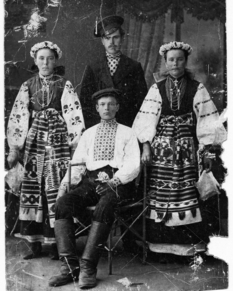
Franco-Prussian war: the siege of Metz, which ended with a Grand surrender
In the late summer of 1870, on August 19, during the Franco-Prussian war, the siege of Metz (France) began. For two months, the German army, led by Friedrich Karl, besieged the city, which sheltered the French, who had previously been defeated at the Battle of Gravelotte.
After the defeat of the French army at Sedan and the capture of the Emperor Napoleon III, the situation of the besieged fortress, which was in the deep rear, became very difficult. French soldiers repeatedly tried to break through enemy defensive positions, but they failed. Even the breakthrough, which involved about 30 thousand soldiers, was a failure, because the opponent had strong artillery support. In October, the French began to run out of provisions. The soldiers ate horse meat, killing up to 1,000 horses daily. Living conditions were not easy: at that time it was raining, the clay soil was wet, and the soldiers stay in the camps was unbearable.
At the end of October, the German and French commanders established contact. The French were required to surrender completely, but the commander Francois Bazin tried to persuade the enemy to give them the opportunity to retreat. After lengthy negotiations that lasted until October 27, Bazin finally surrendered. This case took a special place in history: the number of soldiers who surrendered to the Germans was about 200 thousand people. After the war, Bazin was arrested and sentenced to death, the French President commuted the sentence to 20 years in prison. The Marshal escaped from prison and died in obscurity and poverty in Madrid in 1888.


After the defeat of the French army at Sedan and the capture of the Emperor Napoleon III, the situation of the besieged fortress, which was in the deep rear, became very difficult. French soldiers repeatedly tried to break through enemy defensive positions, but they failed. Even the breakthrough, which involved about 30 thousand soldiers, was a failure, because the opponent had strong artillery support. In October, the French began to run out of provisions. The soldiers ate horse meat, killing up to 1,000 horses daily. Living conditions were not easy: at that time it was raining, the clay soil was wet, and the soldiers stay in the camps was unbearable.
At the end of October, the German and French commanders established contact. The French were required to surrender completely, but the commander Francois Bazin tried to persuade the enemy to give them the opportunity to retreat. After lengthy negotiations that lasted until October 27, Bazin finally surrendered. This case took a special place in history: the number of soldiers who surrendered to the Germans was about 200 thousand people. After the war, Bazin was arrested and sentenced to death, the French President commuted the sentence to 20 years in prison. The Marshal escaped from prison and died in obscurity and poverty in Madrid in 1888.

Photo © ru.wikipedia.org

Photo © ru.wikipedia.org


